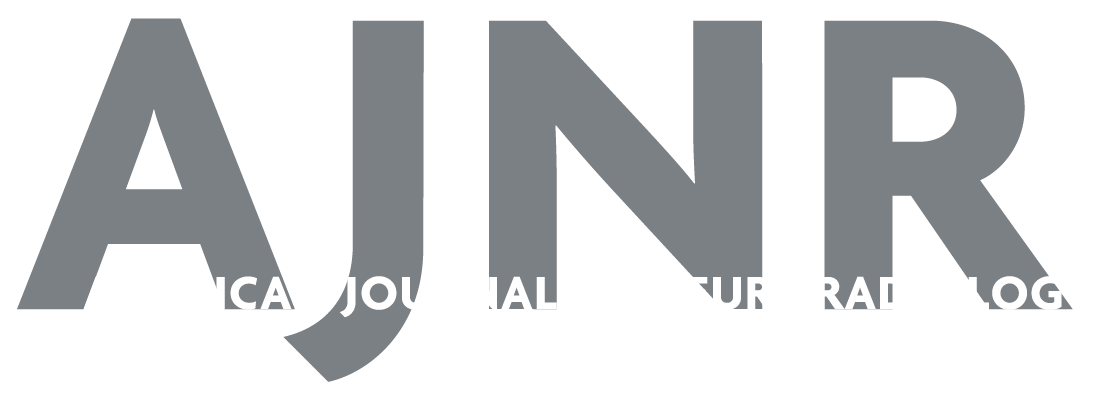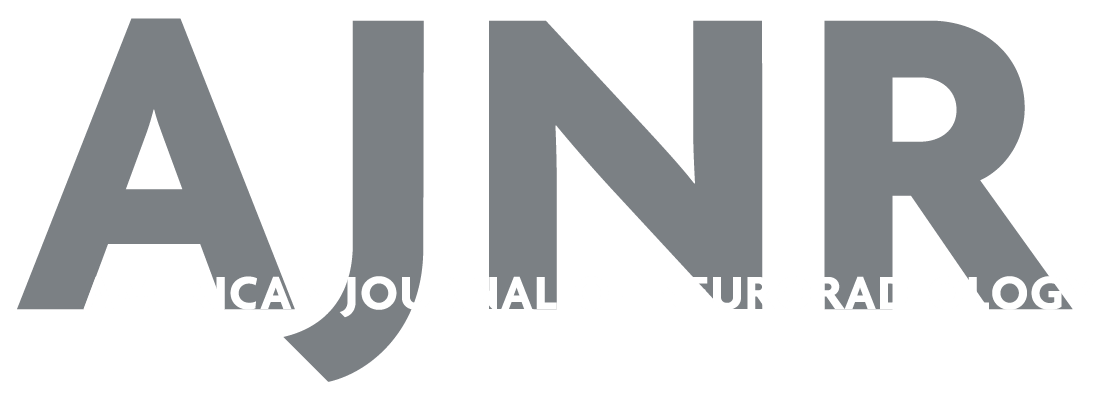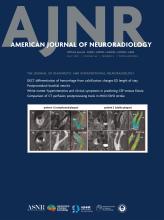Case of the Month
Section Editor: Nicholas Stence, MD
Children's Hospital Colorado, Aurora, CO
August 2020
Next Case of the Month Coming September 8...
CNS Embryonal Tumors, Not Otherwise Specified (NOS)
- Background:
- CNS embryonal tumors are highly malignant undifferentiated or poorly differentiated tumors of neuroepithelial origin.
- According to the 2016 WHO CNS classification, CNS embryonal tumors, NOS are the embryonal tumors other than medulloblastoma, atypical teratoid/rhabdoid tumor, embryonal tumor with multilayered rosettes, medulloepithelioma, CNS neuroblastoma, and CNS ganglioneuroblastoma.
- CNS embryonal tumors, NOS have some overlap with what was formerly called primitive neuroectodermal tumor (PNET), referring to a heterogeneous group of embryonal tumors that occur at any extracerebellar site in the CNS.
- Clinical Presentation:
- CNS embryonal tumors, NOS typically occur in the pediatric population, especially under 4 years of age. The clinical presentation is unspecific. Symptoms of supratentorial presentations, like this case, include raised intracranial pressure, seizures, and focal neurologic deficit.
- Key Diagnostic Features:
-
T1: Hypointense to isointense
-
T2: Hyperintense, cystic components are common; calcification may exist; peritumoral vasogenic edema is surprisingly slight
-
T1+C: Markedly heterogeneous enhancement
-
- Differential Diagnoses
- Other CNS tumors, including (much more commonly in adults) astrocytoma, lymphoma, and metastatic tumor
- In this case, the initial MRI resembled CNS vasculitis. MRI of CNS vasculitis often shows multiple infarctions. Meningeal enhancement and intracranial hemorrhage may exist, but cystic change is rare.
- In this case, the later MRI mimicked neurocysticercosis. MRI of neurocysticercosis varies in different stages. The cyst wall brightly enhances and the scolex can be seen.
- In this case, the later MRI also mimicked brain abscess. Patients often have fever, headache, and focal neurologic deficit. DWI shows restricted diffusion. Without appropriate treatment, brain abscess is fatal.
- Treatment:
-
Complete surgical excision
-
Chemotherapy and radiation are necessary adjuncts.
-
Generally have a poor prognosis
-











